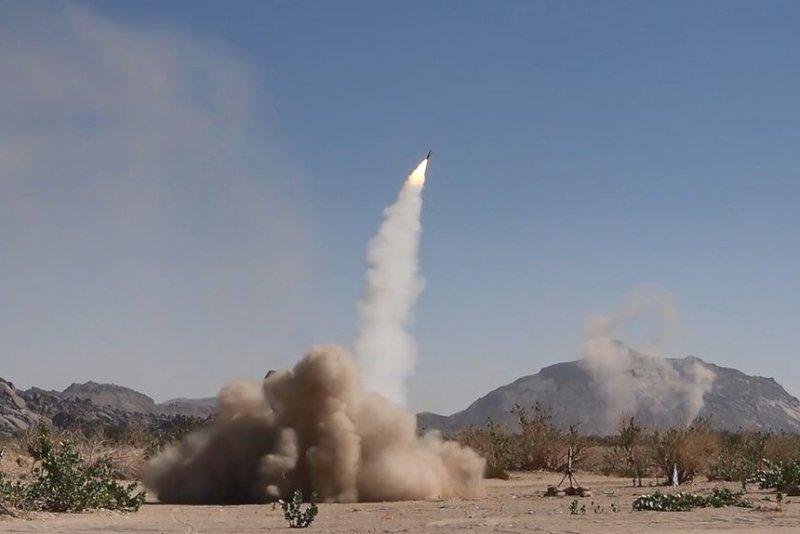In the ongoing conflict in Yemen, the U.S. military executed its third strike on Tuesday against Houthi militants, targeting four anti-ship ballistic missiles in the Red Sea, as reported by U.S. Central Command. The military actions are part of a joint effort with Great Britain, aimed at neutralizing missile and radar sites utilized by Iranian-backed Houthi rebels.
This recent strike occurred in response to the second successful Houthi attack on commercial shipping within two days. On Tuesday, a Houthi anti-ship missile struck the M/V Zografia, a bulk carrier with a Maltese flag. Fortunately, there were no reported injuries, and the vessel continued its course through the Red Sea, according to Central Command.
The U.S. and its allies, including Great Britain, initiated attacks on Houthi targets last Thursday, with the primary objective of curbing the militants’ ability to launch offensive operations. Despite these efforts, the Houthi rebels have persisted in conducting further attacks in the Red Sea.
The Biden administration has defended its decision to proceed with the strikes, even in the face of continued Houthi provocations. John Kirby, coordinator for strategic communications at the National Security Council, asserted that the U.S. anticipated additional Houthi attacks and characterized them as relatively smaller in scale. He stated that the strikes had a positive impact in disrupting and degrading the rebels’ military capabilities.
“We believe that we did have a good effect with those strikes in terms of disrupting and degrading their capability to conduct military offensive operations,” Kirby said.
The Houthis, who have carried out approximately 30 attacks on commercial and military ships in the Red Sea since November, argue that their actions are in response to Israel’s invasion of Gaza.
When questioned about the potential for future strikes against the Houthis, Kirby did not explicitly state whether the recent actions were indicative of an ongoing military campaign. He emphasized that the intention was not to escalate the conflict but rather to compel the Houthis to cease their “reckless attacks.”
“We’re not looking for a war. We’re not looking to expand this,” Kirby asserted. “The Houthis have a choice to make, and they still have time to make the right choice, which is to stop these reckless attacks.”
The situation in Yemen remains complex and volatile, with multiple regional and international actors involved in the conflict. The U.S. and its allies are navigating a delicate balance between deterring Houthi aggression and avoiding an escalation of hostilities in the region.
As the Biden administration continues to grapple with the Yemen crisis, the efficacy of military strikes as a means of influencing Houthi behavior remains a topic of debate. The evolving dynamics underscore the challenges of finding a diplomatic resolution to the conflict and addressing the root causes of the ongoing strife in Yemen.
